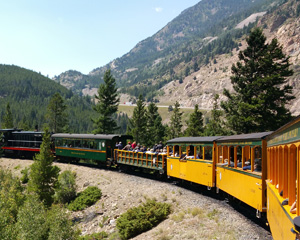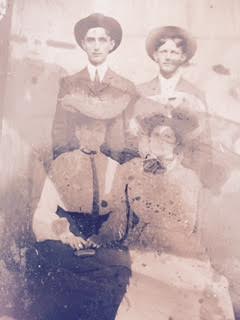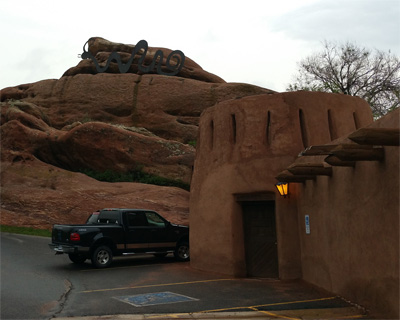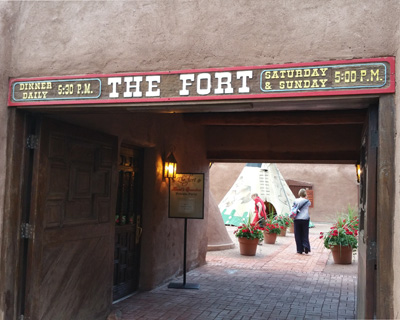Lughnasa Labor Day Moon
And now, news that Donald Trump has staying power. Oh, my. A few days back I wrote about the possibility of a four-party presidential election with Trump on the right fringe and Sanders on the left fringe. If this should happen, it raises the possibility of a Jesse Ventura outcome on a national level, a minority candidate sliding into office. I’m not sure how plausible such an outcome is, but the thought of Jesse the Mouth being followed by Donald the Hair gives me shivers.
Presidential elections, the silly season, have extended themselves back in time. We’re still over a year from the election and yet news of candidates and candidacies are everywhere. There is no incumbent. The first viable woman candidate is making her case, trying to make doubled history by following the first black president. Bernie Sanders has quite literally come out of left field, giving voice to many of us who’ve felt disenfranchised by the center right politics of the Reagan era. And Trump. The mean side of the American dream, only white dreamers need apply.
Politics since the mid-1970’s have lurched from outright criminal to benign neglect, from the right’s right wing to the horrific posturing of the neocons. Obama has been better, Obamacare a good start on national health care, but his use of drones, failure to close Gitmo and his defense of the industrial/governmental security state have made his years since then look status quo.
There was this bright moment, from about 1965 to 1975, when politics had the will of the people behind it, pushing, keeping up pressure, not letting old fissures of race, gender, militarism, class go unchallenged. It was an anomaly, I see that now, but it was my youth and my young adulthood, so it became what I hoped for, what I continue to hope for. Politics enacted at the grassroots level. Politics done for the needs of the many, not the interests of the few. Politics that listen to the voiceless: the tree, the river, the mountain, the land, the elk, the pika, the wolf.
Yes, the 60’s were an anomaly, but they don’t have to be. That spirit can come back, the realization that we are, all of us, responsible for each other and that a primary executor of that responsibility is government at all levels. That spirit can lift us out of the corporate state and back into a citizen state. It has happened before and can happen again.






